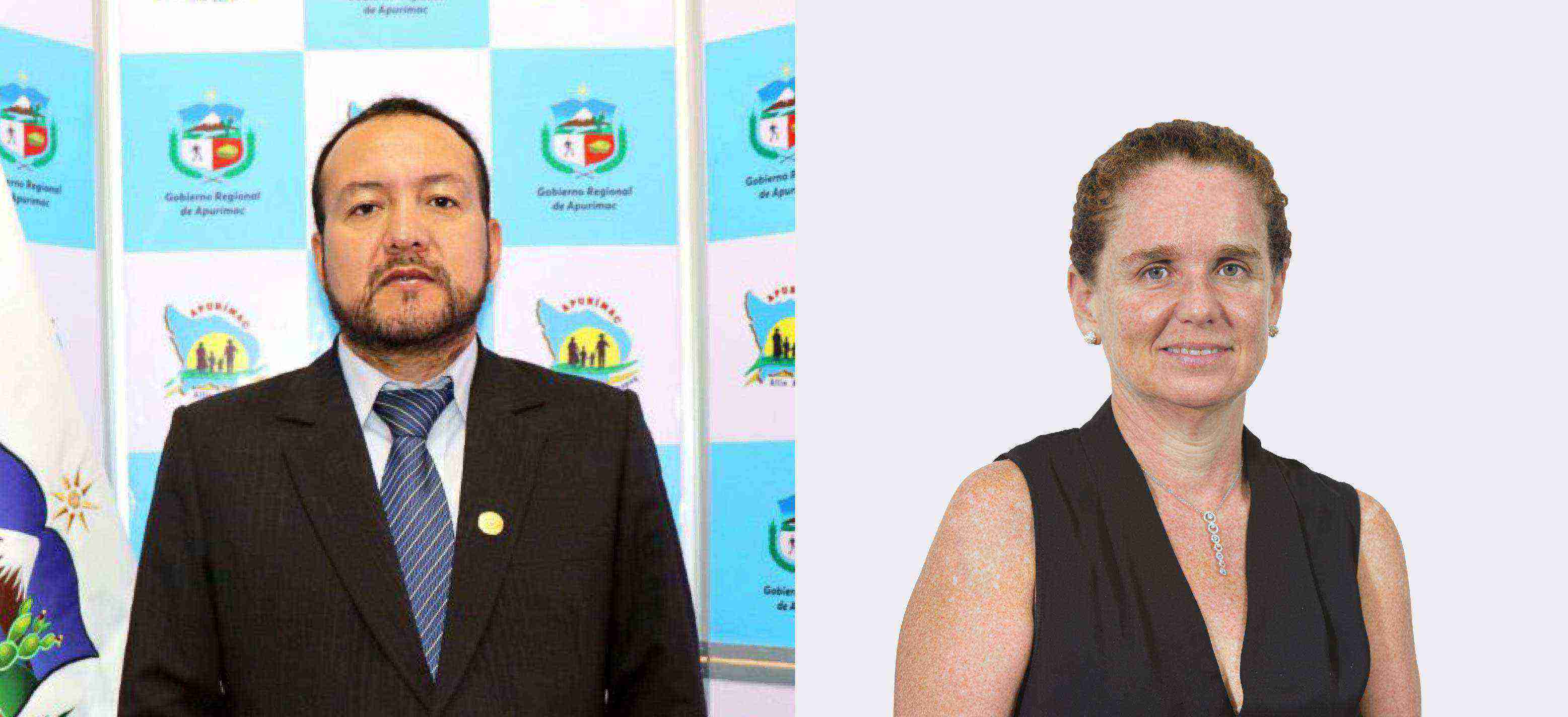APURÍMAC, JUNE 24 2021 "Mining will help us carry out projects of great social impact"

This was emphasized by the regional manager of Budget Planning and Territorial Conditioning of the Regional Government of Apurímac, Rainer Valdeiglesias, during his presentation at the conference "Mining for the Development of Apurímac".
He also indicated that his region requires the resources generated by mining to implement strategic projects focused on closing the gaps.
"Our medium and large-scale projects total S/ 5.142 billion, a very high amount compared to the S/ 200 million that we receive from financial resources for the execution of investments. For this reason, mining is what will allow us, in some way, to leverage, plan and execute these projects", he said.
Therefore, he suggested that, if possible, the study and social license times for the Trapiche and Los Chancas mining projects - which would start operating in 2026 and 2027, respectively - be shortened in order for Apurímac to have resources.
"In the case of Los Chancas and Trapiche, perhaps we could ask that the study and social license times be shortened so that these resources can come fresh and in the shortest time possible and thus execute precisely these investment projects that we have not been able to carry out due to the lack of financial resources in the region", he said.
In Heading to PERUMIN Apurímac, Rainer Valdeiglesias explained that his region has received financial resources from the contractual royalty since 2016. "From 2016 to 2021, the Regional Government of Apurímac alone has received S/ 180 million corresponding to the contractual royalty," he reported.
For her part, the president of PERUMIN 35 Mining Convention, Claudia Cooper, said that although the enormous benefit of mining activity has been demonstrated through the study presented by the Center for Competitiveness and Development (CCD), the distribution mechanism is still not working properly.
"This mechanism of distribution through mining income apparently has not been working as it should and has not managed to increase the productivity of the regions; this is probably due to a bad institutional framework and a lack of capacity of Peruvians to reach an agreement to achieve this regional development by the State, the companies and the communities," said Claudia Cooper.







